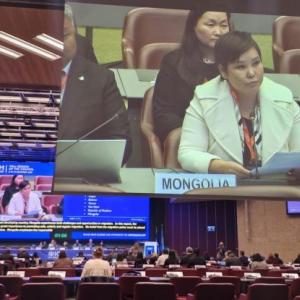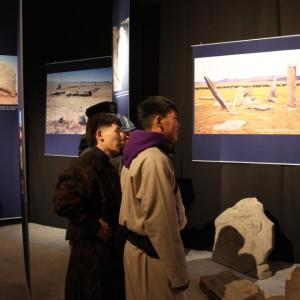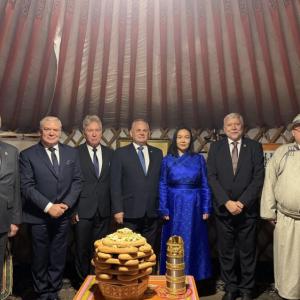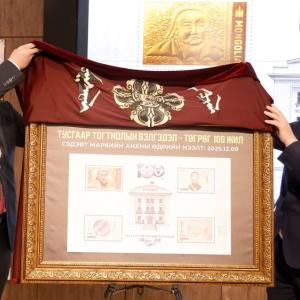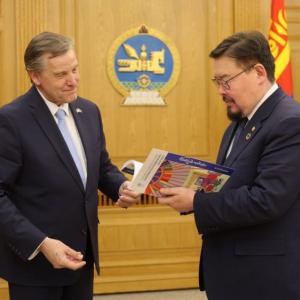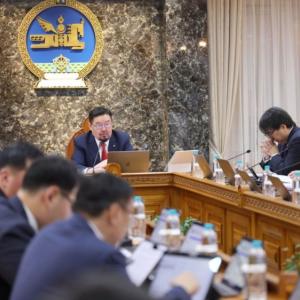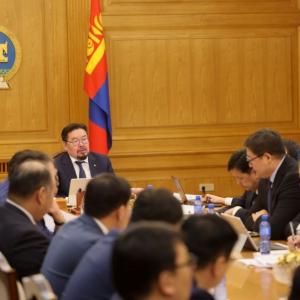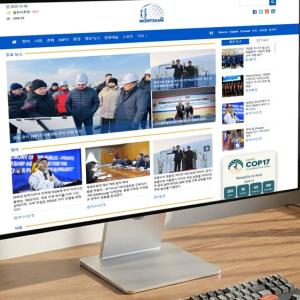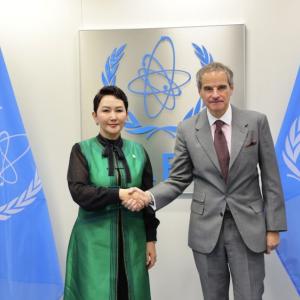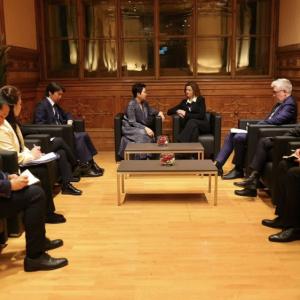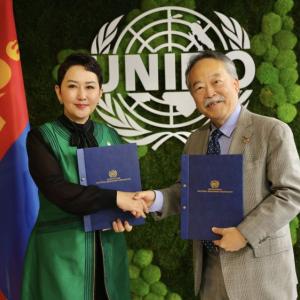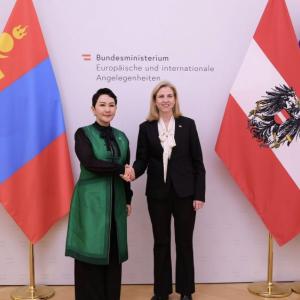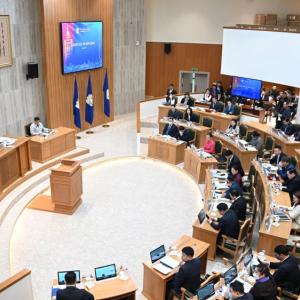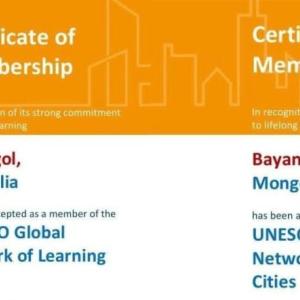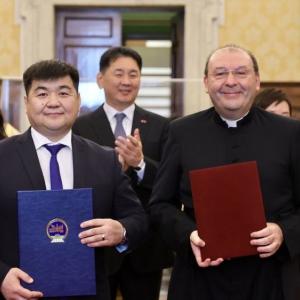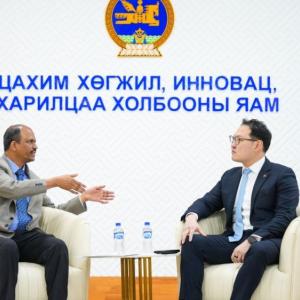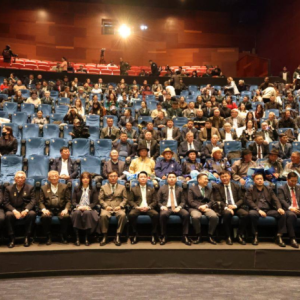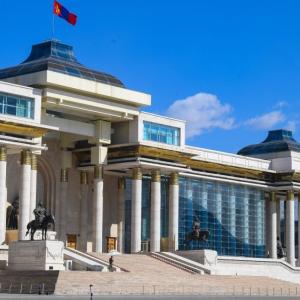International Scholars Convene for Sharing Studies on Mongolian Buddhism
Society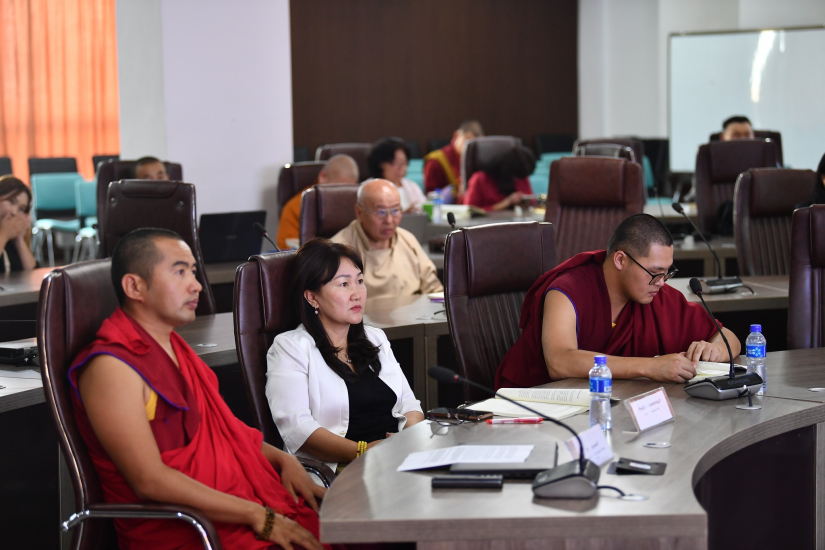
Ulaanbaatar, August 28, 2024 /MONTSAME/. An
international conference under the theme “Study of Mongolian Buddhism” was held on August 26-28, 2024, in Ulaanbaatar, Mongolia. A total of 67 scholars
and researchers from 11 countries, including Mongolia, Russia, China, America,
Korea, India, Poland, Hungary, Switzerland, Japan, and Thailand participated in the conference.
The National University of Mongolia hosts a scientific conference
on religious studies bi-annually and the University has expanded the conference
this year as an international conference, organizing it jointly with the Gandantegchinlen
Monastery, the center of Buddhism in Mongolia, and the International Association
for Mongol Studies.
The international conference aimed at expanding the collaboration
of scholars studying Mongolian Buddhism, sharing and promoting the latest
research results, supporting academic exchange, determining the current state,
and discussing the challenges facing the field.
The conference participants held four sessions, discussing various
studies related to Mongolian Buddhism, including Buddhist knowledge and
original writings in Mongolia, the history of Mongolian Buddhism, incarnations,
Buddhist sages, temples, rituals, current situation and trends, relations
between Mongolian religion and politics, law, and foreign relations.
 “Mongolian and international scholars have presented the
results of their recent studies at the conference. Besides, academic cooperation
is expanding as representatives from over 20 scientific institutes have taken
part in the conference. Moreover, the conference has great significance for promoting
studies of Mongolian scholars internationally. The issue of further development
of studies of Buddhism and its philosophy by modern scholars was raised at the
conference,” noted Professor at the NUM Philosophy and Religion Studies
Department S. Yanjinsuren.
“Mongolian and international scholars have presented the
results of their recent studies at the conference. Besides, academic cooperation
is expanding as representatives from over 20 scientific institutes have taken
part in the conference. Moreover, the conference has great significance for promoting
studies of Mongolian scholars internationally. The issue of further development
of studies of Buddhism and its philosophy by modern scholars was raised at the
conference,” noted Professor at the NUM Philosophy and Religion Studies
Department S. Yanjinsuren.
In her presentation, Professor Yanjinsuren put a proposal to digitalize sutras and documents related to Mongolian Buddhism Studies and make them accessible to international scholars. As foreign researchers and scholars have to visit Mongolia to study Mongol sutras and other sources, the international scholars highly appreciated the proposal.
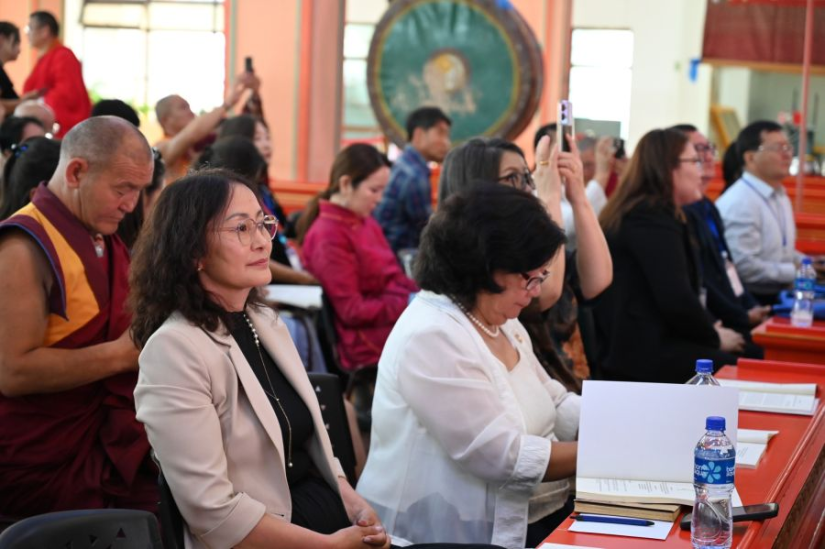
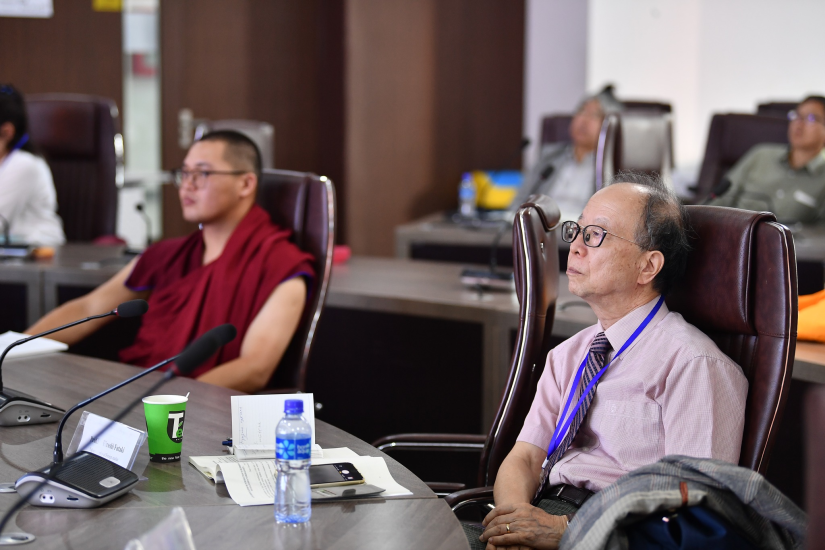
 Ulaanbaatar
Ulaanbaatar





